Are you interested in the history and impact of religion? These are the top religion museums in Norway:
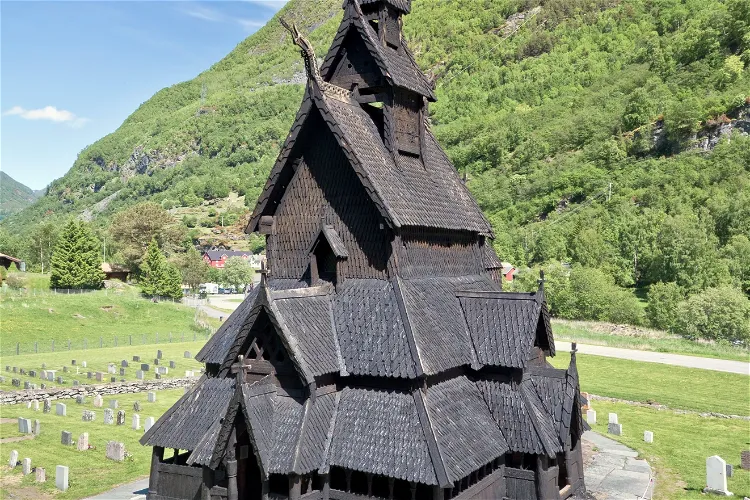
Borgund Stave Church
BorgundThe Borgund Stave Church is a historical monument located in Borgund, within the Lærdal municipality of Sogn og Fjordane county, Norway. This location is easily accessible and offers a unique opportunity to explore a piece of Norway's rich history.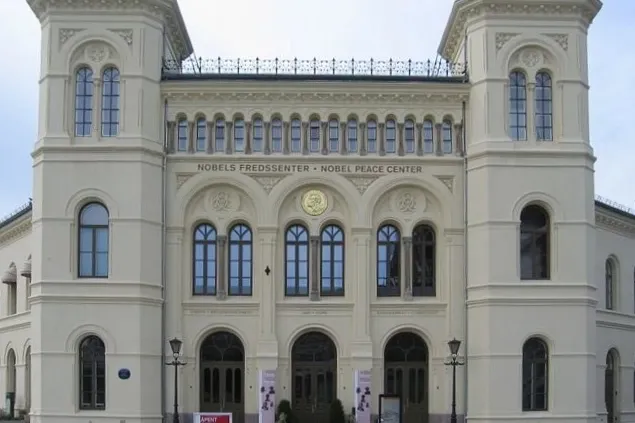
Nobel Peace Center
OsloThe Nobel Peace Center in Oslo, Norway, serves as a platform for the Nobel Peace Prize and the ideals it embodies. This center is not just a museum, but a place where culture and politics intersect to encourage involvement, discussion, and reflection on topics such as war, peace, and conflict resolution.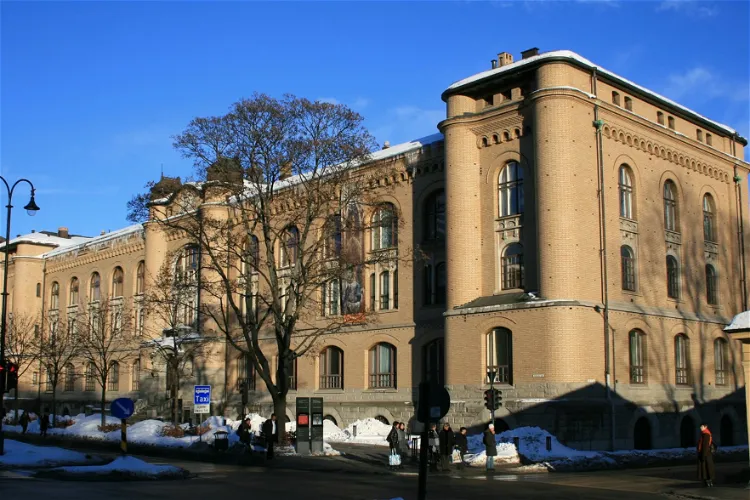
Historical Museum
OsloThe Historisk museum, located in Oslo, has been welcoming visitors since its opening in 1904. This museum is a testament to the rich history and culture of Norway, offering a unique opportunity to delve into the past and gain a deeper understanding of the country's heritage.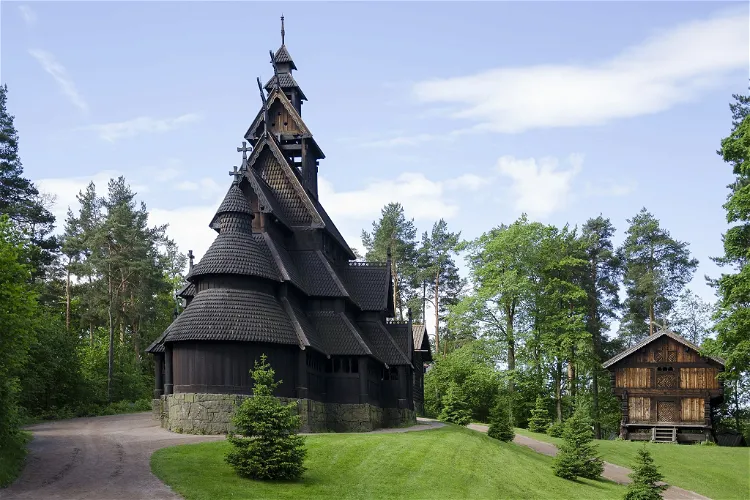
The Norwegian Museum of Cultural History
OsloThe Norwegian Museum of Cultural History, also known as Norsk Folkemuseum, is located in Bygdøy, Oslo, Norway. It is a cultural history museum that houses extensive collections of artifacts from all social groups and regions of the country. This provides a comprehensive insight into the diverse cultures and histories of Norway.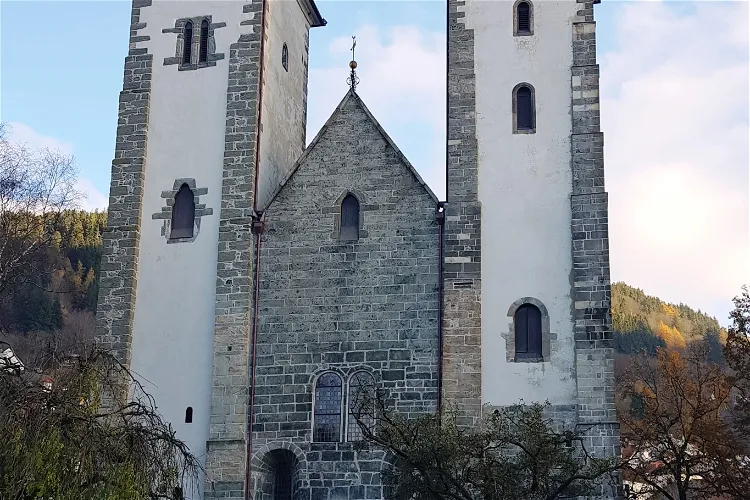
St. Mary's Church
BergenSt Mary's Church, also known as Mariakyrkja or Mariakirken, is a significant religious site located in the heart of Bergen, Norway. Situated in the Bryggen area, this parish church is part of the Church of Norway and is easily accessible due to its central location. It is one of the churches for the Bergen Cathedral parish, which is part of the Bergen domprosti (arch-deanery) in the Diocese of Bjørgvin.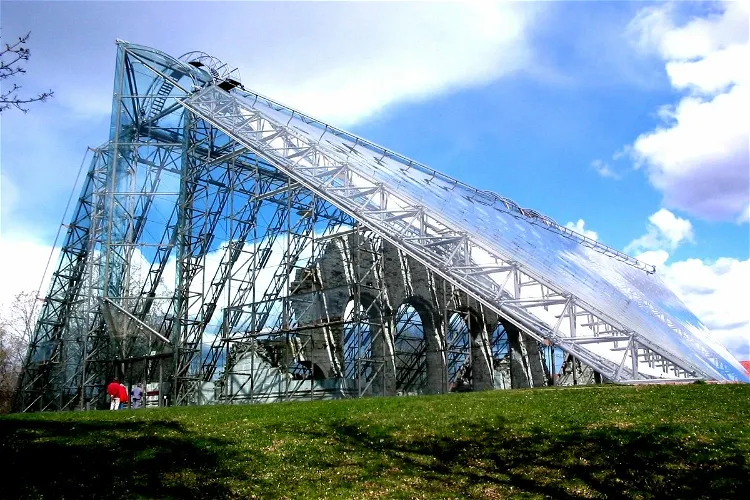
Hedmark Museum
HamarThe Anno Museum, located in the former county of Hedmark in southeastern Norway, is a regional group of cultural and natural history museums. Spread across 23 different locations, the museum offers a diverse range of exhibits and collections that reflect the rich history and natural beauty of the region.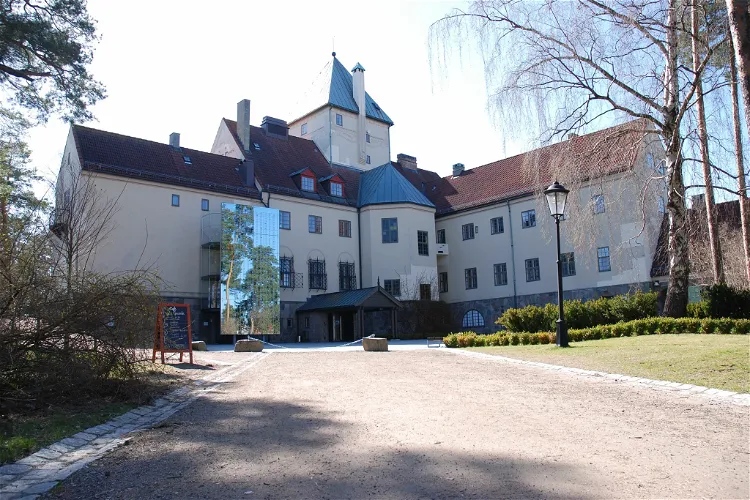
Villa Grande
OsloDuring the tumultuous times of World War II, Villa Grande served as the residence of Vidkun Quisling, a prominent figure of the era. Known as Gimle at the time, the villa was the center of Quisling's activities. This historical context adds a layer of intrigue and significance to the villa, making it a point of interest for those interested in World War II history.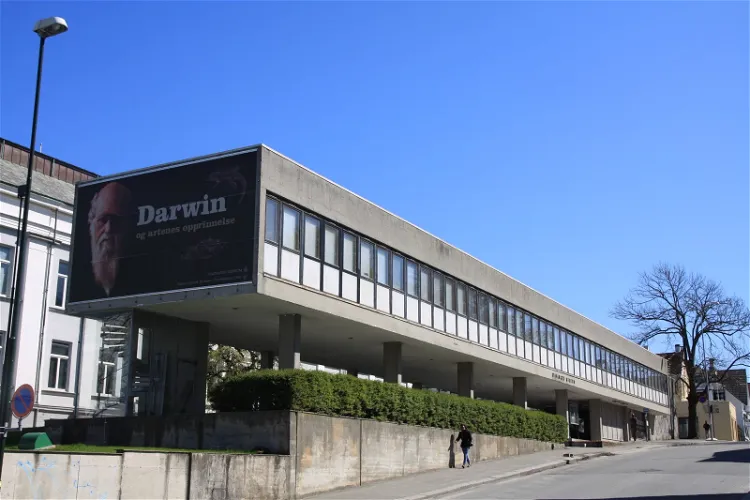
Stavanger Museum
StavangerStavanger Museum, established in 1877, is a museum of natural and cultural history located in the city of Stavanger, Norway. It offers a rich collection of exhibits that reflect the natural and cultural history of the region.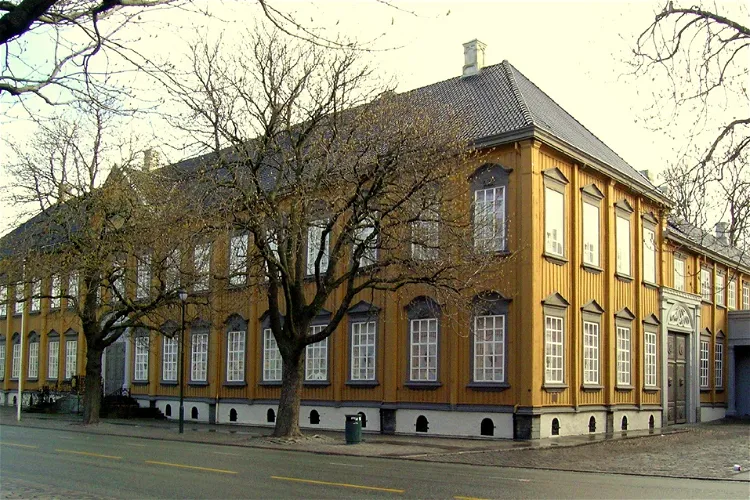
Stiftsgården
TrondheimStiftsgården is a significant landmark in Trondheim, Norway. This large wooden palace, located in the city center, serves as the official residence of the king when he is in town. Its central location and historical significance make it a point of interest for tourists visiting the city.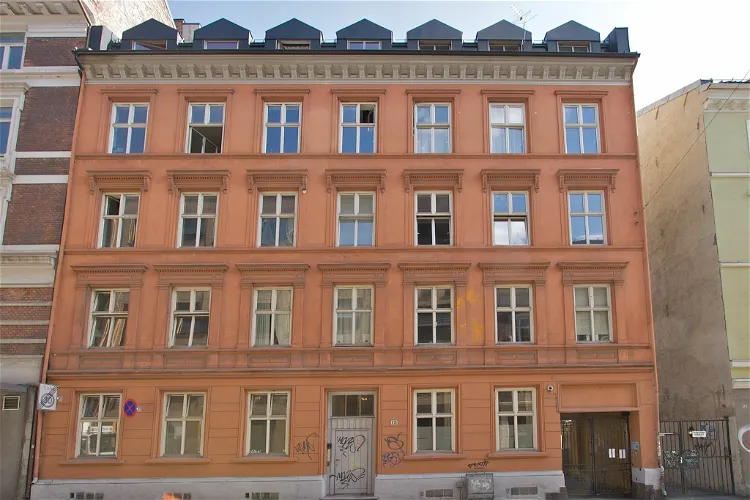
Oslo Jewish Museum
OsloThe Jewish Museum in Oslo was officially opened in 2008, featuring its first exhibition titled “Freedom won not only once”. This exhibition focused on Jewish artists in Norway and the Jews who actively participated in the fight against National Socialism during World War II. It provides a unique insight into the role and contributions of the Jewish community during this significant period in history.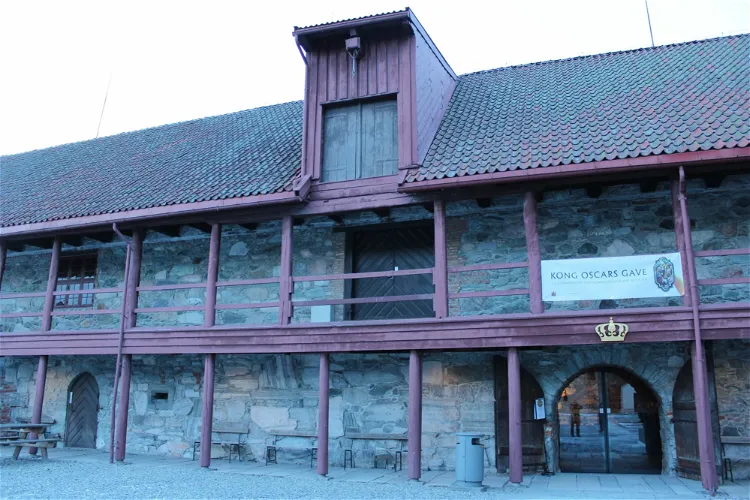
Riksregaliene
TrondheimThe Rigsregalieudstillingen, also known as Norway's Coronation Museum, is an exhibition that showcases the Norwegian crown jewels. It is situated in the Archbishop's Palace in Trondheim, Norway. This location is significant as it is one of the oldest parts of the building, adding to the historical value of the exhibition.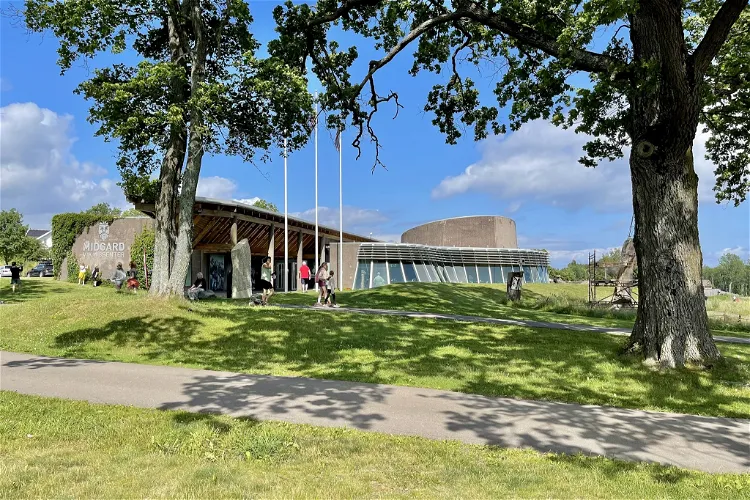
Midgard vikingsenter
BorreMidgard vikingsenter is an exhibition facility located in Horten municipality, in the Vestfold and Telemark county of Norway. The center is dedicated to conveying knowledge about the Viking Age, with a particular emphasis on the history of Vestfold. It provides an opportunity for visitors to delve into the rich history and culture of the Vikings, making it an interesting destination for history enthusiasts.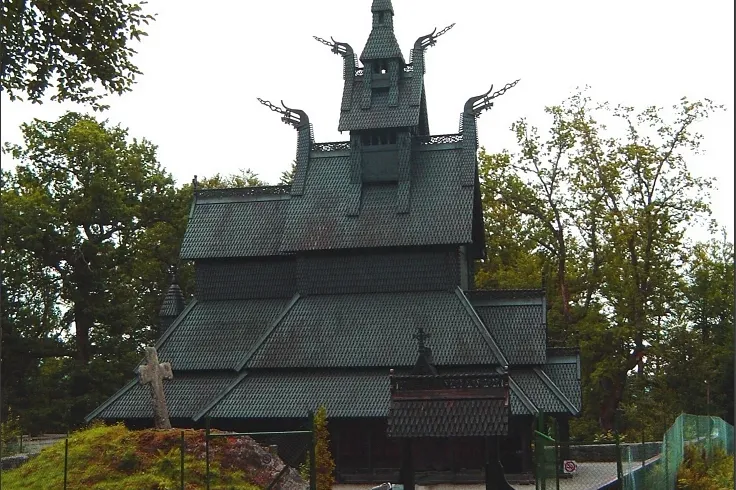
Fantoft Stave Church
BergenThe Fantoft Stave Church that stands today is a reconstruction of the original church that tragically burned down in 1992. The original church was built around the year 1150 and was located in Fortun in Sogn. It was moved and rebuilt in Fantoft in 1883. The reconstruction of the church after the fire was a significant challenge due to the lack of knowledge and experience in building stave churches, which hadn't been done in Norway for many centuries. Despite these challenges, the reconstructed church was completed and inaugurated in 1997.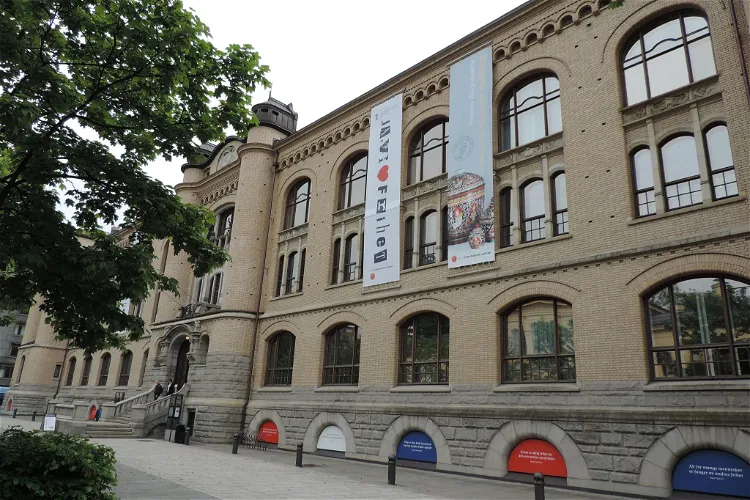
Museum of Cultural History
OsloThe exhibitions of the Cultural History Museum are spread across four main buildings in the city center of Oslo. These include the Historical Museum located at Frederiks gate 2 and Frederiks gate 3, the Laboratory at Frederiks Gate 3 and St. Olavs Gate 29, and the Viking Ship Museum situated on the Bygdøy peninsula. Each of these locations offers a unique insight into different aspects of Norway's cultural history, providing a diverse and enriching experience for visitors.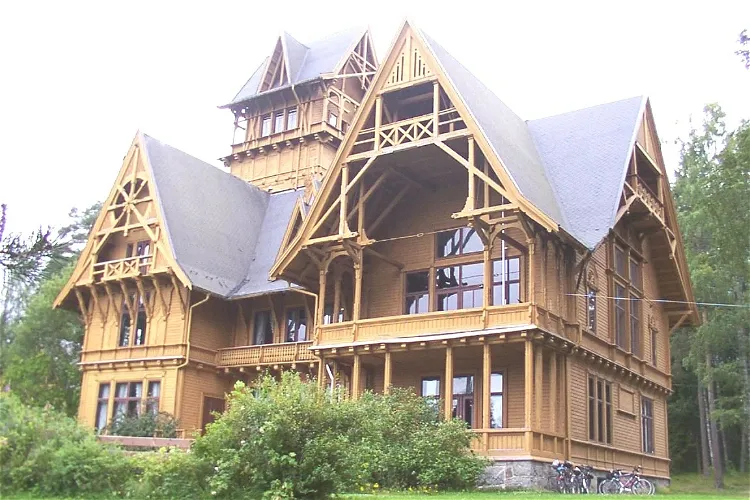
Villa Fridheim
NoresundVilla Fridheim, situated on the island of Bjørøya in the Norwegian municipality of Krødsherad, is a historical building constructed between 1890 and 1892. This period, known as National Romanticism, was a time of cultural and artistic flourishing in Norway. The villa is a testament to this era, showcasing the architectural styles and design sensibilities of the time.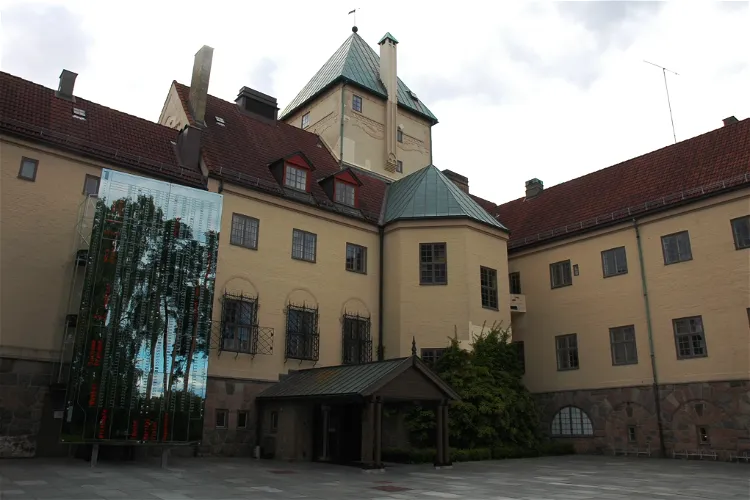
Center for Studies of the Holocaust and Religious Minorities
OsloThe Norwegian Center for Holocaust and Minority Studies, also known as the HL Center or the Holocaust Center, is a significant institution located in Bygdøy, Oslo. Established in 2001 by the University of Oslo and the Norwegian government, the center was initiated by the Jewish community in Oslo. It serves as a foundation for research and knowledge dissemination about the Holocaust, discrimination, genocide, and human rights.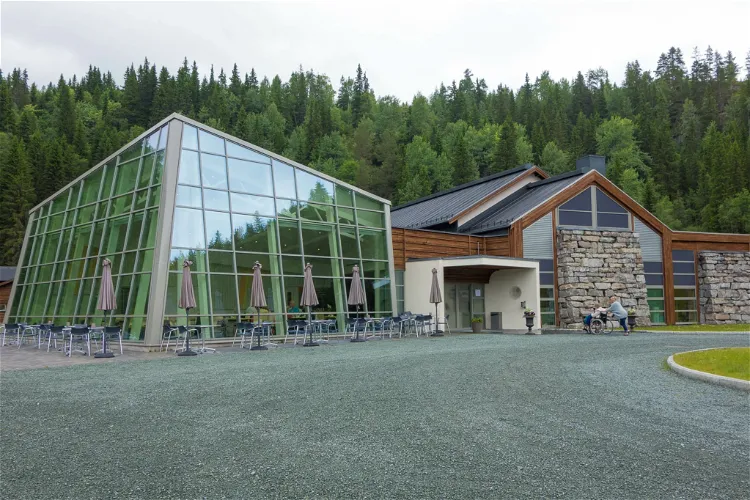
Vest-Telemark Museum Eidsborg
EidsborgThe Vest-Telemark Museum is responsible for twelve different museum facilities in Vest-Telemark. This shows the museum's extensive reach and influence in the region. In 2012, it was recognized as the museum of the year, highlighting its quality and importance.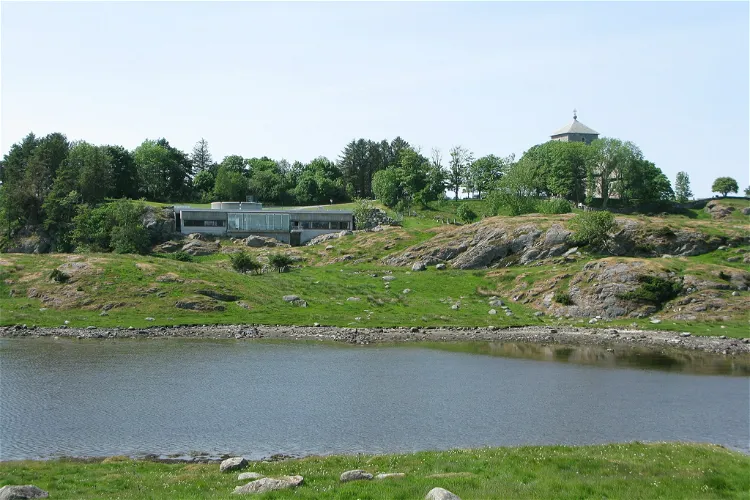
Nordvegen History Centre
AvaldsnesThe Nordvegen History Centre is a unique experience and dissemination centre located in Avaldsnes, on the northern part of the island of Karmøy in Rogaland. It serves as a hub for exploring the rich history of the region, offering a variety of exhibits and activities that cater to a wide range of interests. Whether you're a history buff, a culture enthusiast, or simply a curious traveler, the Nordvegen History Centre offers a fascinating glimpse into the past.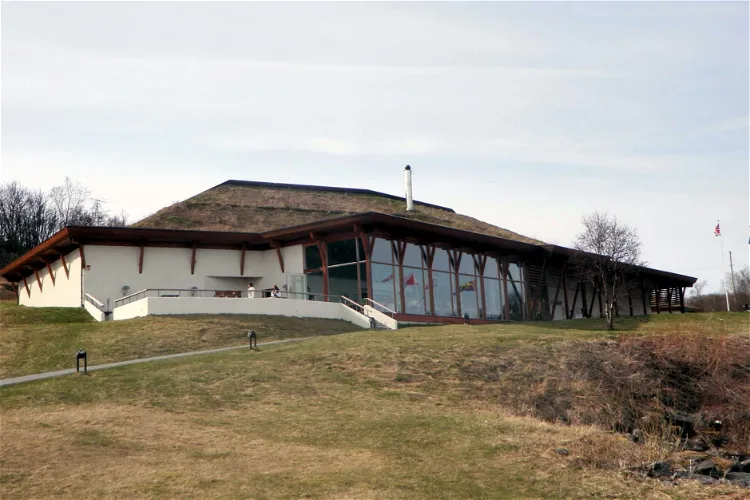
Trondenes Historical Center
HarstadThe Trondenes Historical Center is a museum situated in the town of Harstad, within the county of Troms og Finnmark, Norway. This location is steeped in history, offering visitors a unique opportunity to delve into the past of this fascinating region.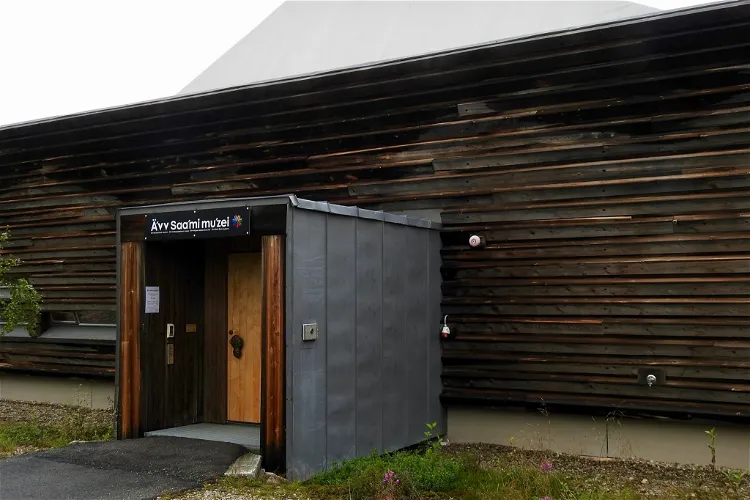
Ä´vv Skolt Sámi museum
NeidenThe Äʹvv Skolt Sámi Museum is a cultural-historical institution dedicated to the Skolt Sámi people. It is located in the town of Neiden, in the Sør-Varanger municipality of Troms og Finnmark, Norway. The museum is part of the Tana og Varanger museumssiida foundation, which operates four Sámi museums in northeastern Norway.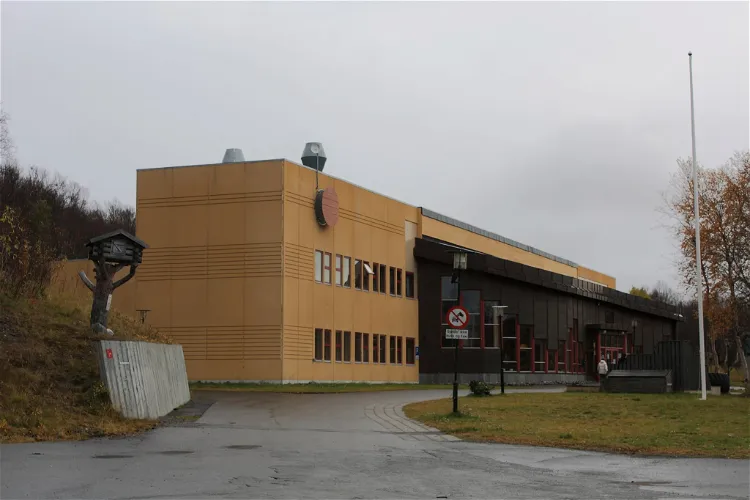
Sør-Varanger museum
KirkenesThe Sør-Varanger museum has a special focus on the region's complex border history. It provides a detailed portrayal of the historical events and cultural exchanges that have shaped the region, from the Norwegian-Russian shared area that the municipality was a part of before the border drawing in 1826 to today's multicultural society.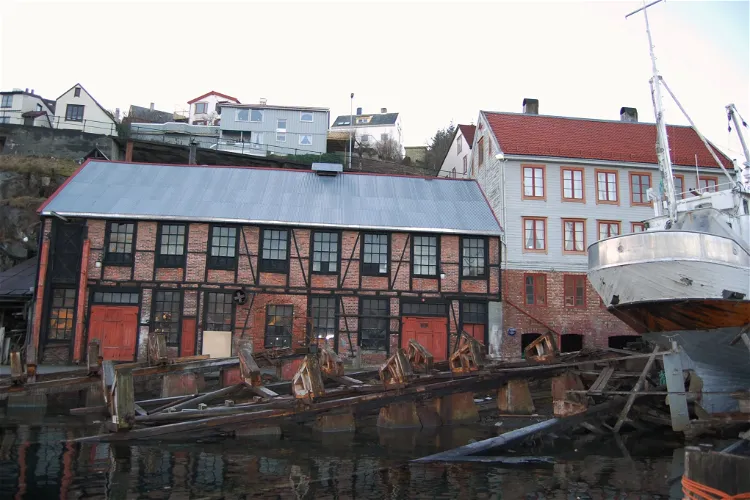
Nordmøre museum
KristiansundThe Nordmørsmusea AS is a cultural history museum located in the Nordmøre district of Møre og Romsdal County in Norway. It provides a comprehensive insight into the regional history and culture of the area.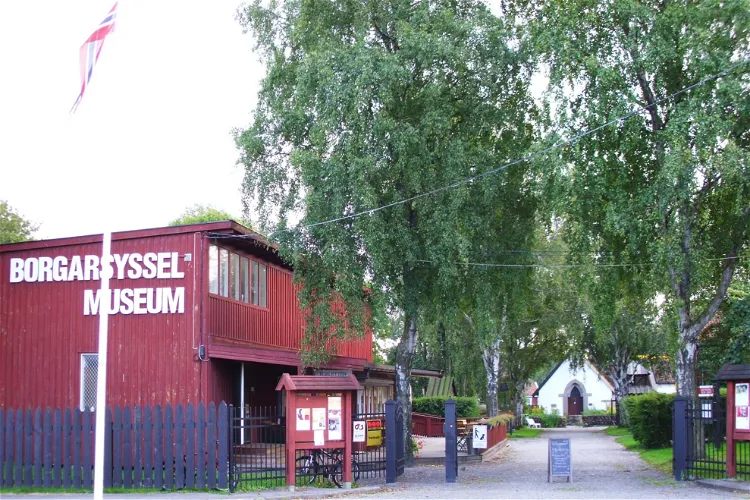
Borgarsyssel Museum
SarpsborgThe Borgarsyssel Museum is located in the municipality of Sarpsborg, in Viken county. It serves as the county museum for Østfold and the city museum for Sarpsborg. This museum is a significant cultural institution in the region, offering a deep dive into the local history and culture.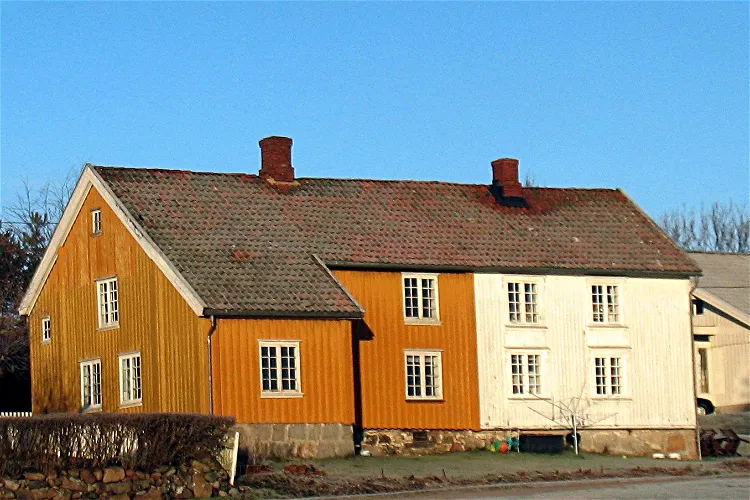
Hans Nielsen Hauges minde
FredrikstadHans Nielsen Hauges Minde is a museum located in the municipality of Fredrikstad. It is dedicated to the life and work of the lay preacher Hans Nielsen Hauge. This museum provides a unique insight into the life of one of Norway's most influential religious figures.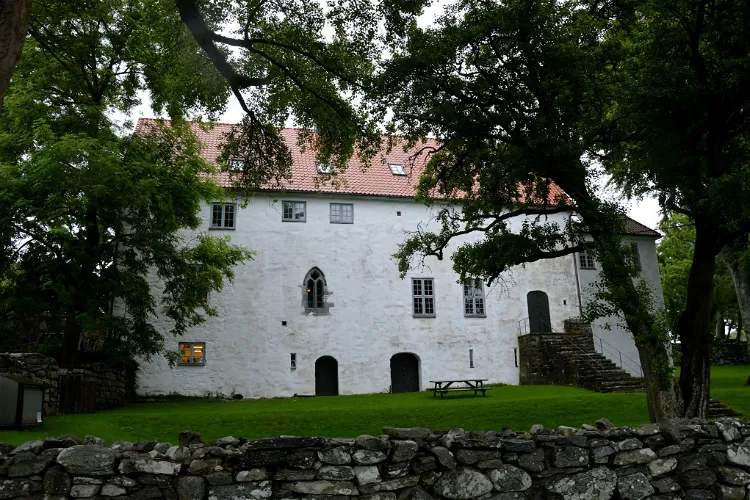
Utstein Monastery
StavangerUtstein Abbey, situated on the southern shore of the island of Klosterøy in Stavanger municipality, Rogaland county, is recognized as Norway's best-preserved medieval monastery. This historical site offers a unique glimpse into the country's past, with its well-preserved structures providing a tangible link to the medieval period. Visitors can explore the grounds and buildings, appreciating the architectural and historical significance of this important cultural landmark.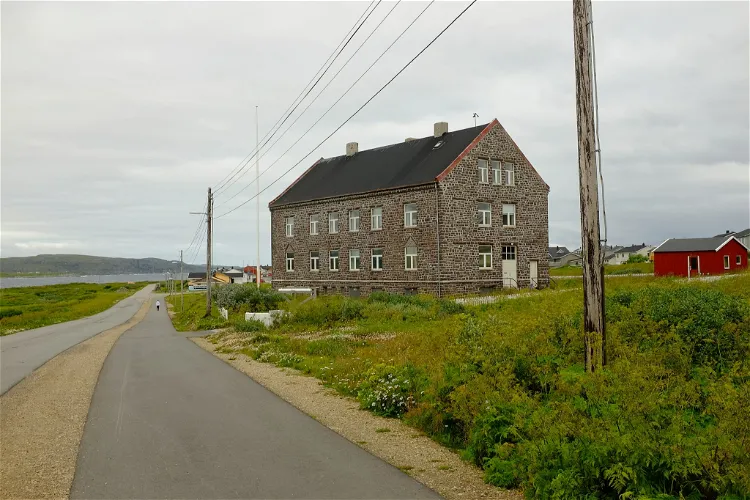
Vardø museum
VardøVardø museum, established in 1894, holds the distinction of being the oldest museum in Finnmark. This historical establishment offers a unique insight into the region's past, making it a significant point of interest for those keen on understanding the cultural and historical evolution of Finnmark.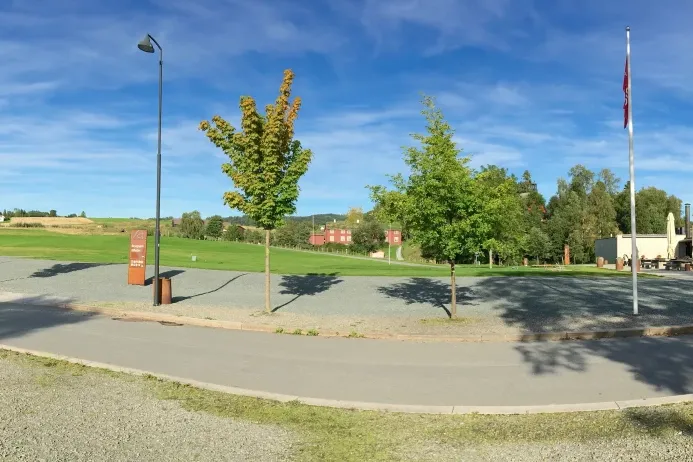
Stiklestad National Cultural Centre
StiklestadThe Stiklestad National Cultural Centre (SNK) is a museum situated in Stiklestad, Verdal in Nord-Trøndelag. It serves as a national hub institution, tasked with the special responsibility of disseminating knowledge about Olav the Holy, the Battle of Stiklestad, and the part of Norwegian history that is linked to the events that took place at the site. The museum offers a unique opportunity to delve into the rich history of Norway, particularly focusing on the life and times of Olav the Holy and the significant Battle of Stiklestad.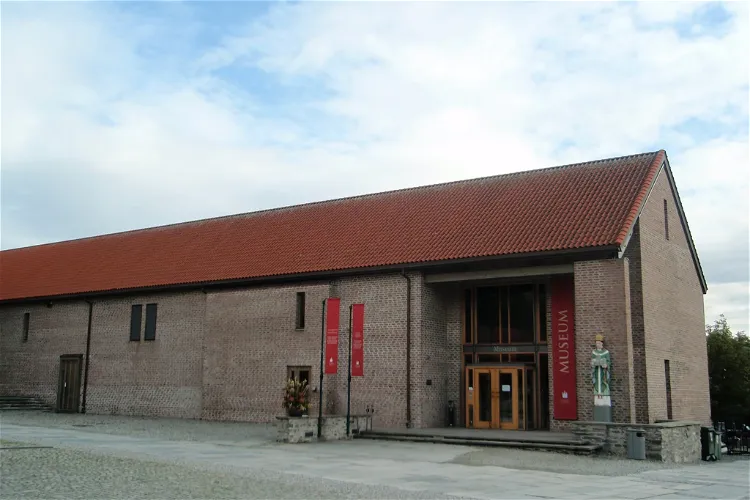
The Archbishop's Palace Museum
TrondheimThe Archbishop's Palace, known as Erkebispegården in Norwegian, is a significant historical site located in Trondheim, Norway. It served as the residence of the Archbishop of Nidaros and the administrative center of the Norwegian archdiocese until 1537. This makes it a place of great historical significance and interest for tourists.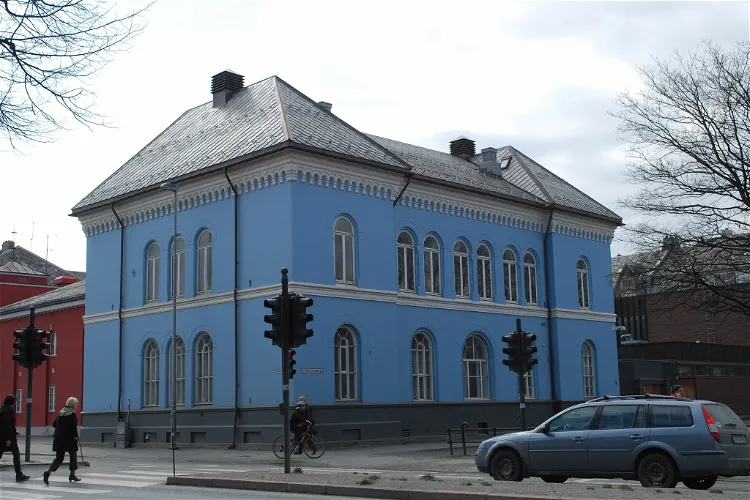
Jewish Museum Trondheim
TrondheimThe Jewish Museum Trondheim is situated at Arkitekt Christies gt. 1B in Trondheim. This historic building was originally constructed as the city's first railway station in 1864, adding a layer of historical significance to the site.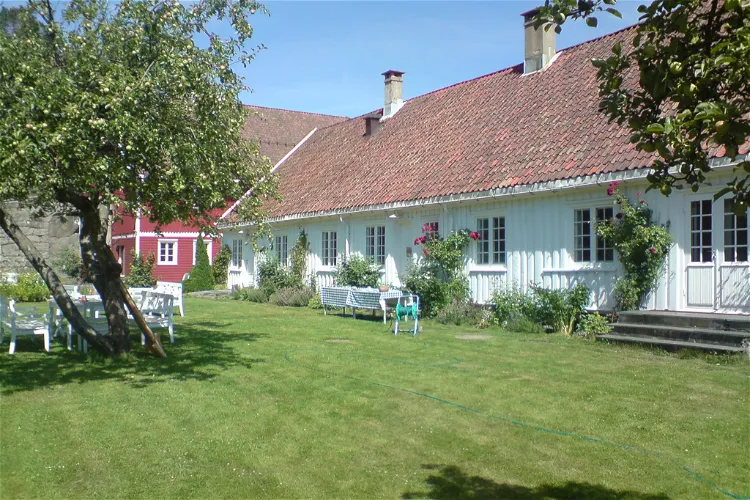
Søgne Old Vicarage
SøgneSøgne gamle prestegård, or Søgne Old Vicarage, is a significant historical site in Søgne, Agder. It is a medieval vicarage and holds the distinction of being the first registered farm in the area. This makes it a site of considerable historical interest, offering visitors a glimpse into the region's past.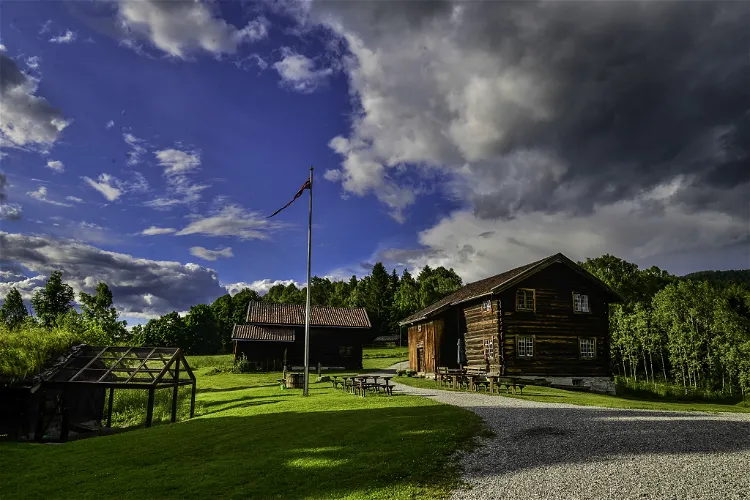
Heddal Open Air Museum
HeddalThe Heddal Open Air Museum, also known as Heddal bygdetun, is situated in the quaint village of Heddal in Notodden, Vestfold og Telemark county, Norway. This open-air museum offers a unique opportunity to explore Norwegian history and culture in a picturesque setting.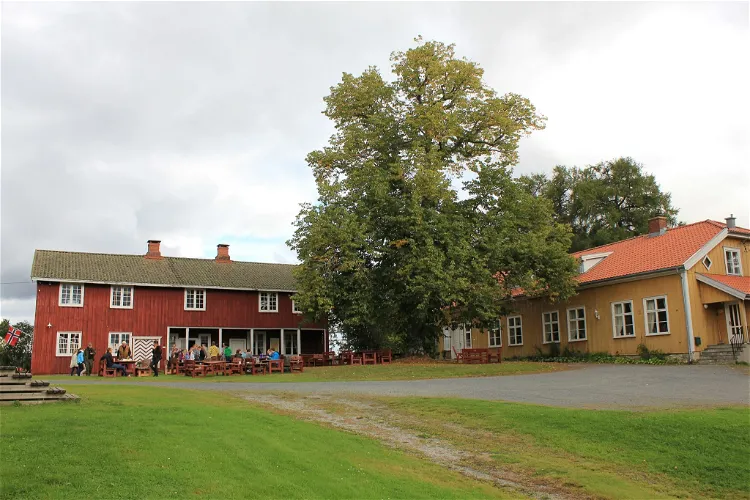
Aur prestegård
AursmoenAur prestegard, situated just west of Aurskog cemetery, is a site steeped in history. The church site and the parsonage both date back to the Middle Ages. However, the current church was built in 1881, and the oldest building on the parsonage dates back to 1703. This gives visitors a glimpse into the architectural styles and building techniques of different periods.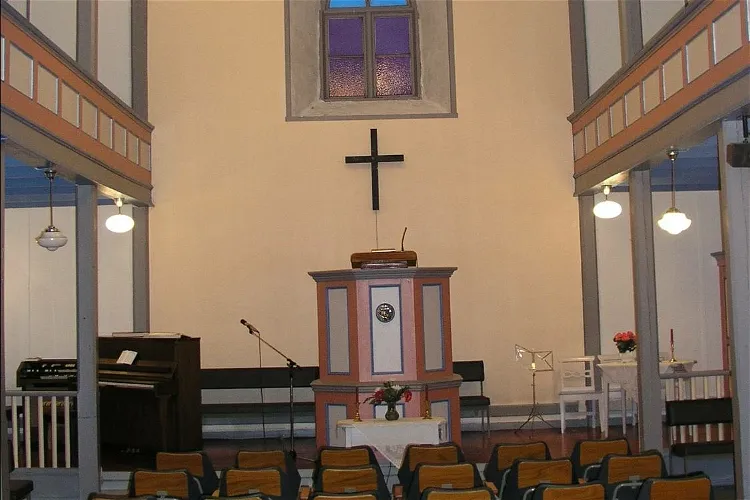
Bedehuset Bethel
StavangerBedehuset Bethel, located in Judaberg, holds the distinction of being the first prayer house in Finnøy. It was completed in the year 1878. This historical significance adds to the cultural richness of the region and provides an interesting insight into the religious practices of the past.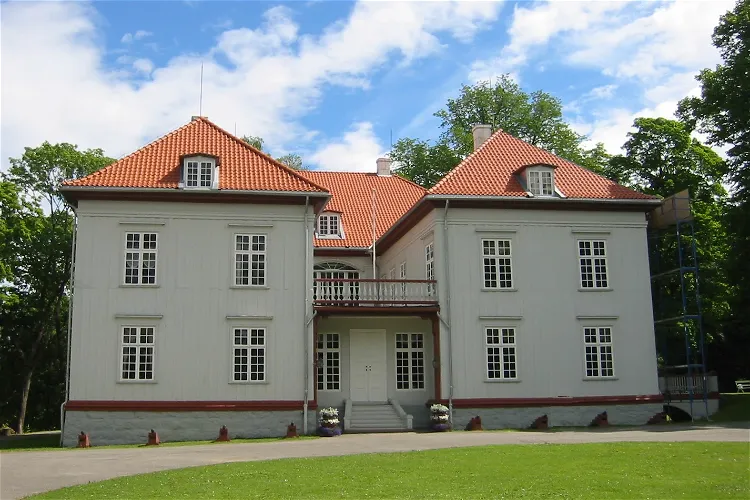
Eidsvoll 1814
Eidsvoll verkEidsvoll 1814 is a museum dedicated to the Norwegian Constitution, located in the Eidsvoll Manor House. This is the very place where the Norwegian constitution was drafted and debated back in 1814. It's a significant site in Norwegian history, offering visitors a chance to step back in time and learn about the country's constitutional process.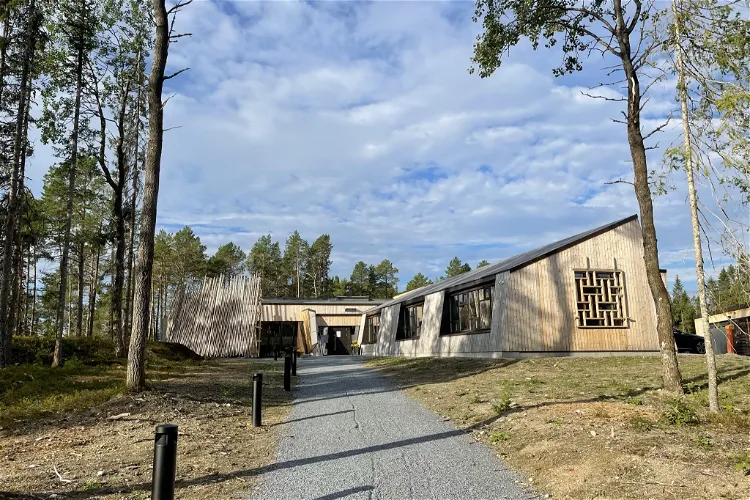
Saemien Sijte
SnåsaSaemien Sijte is a Southern Sami museum and cultural center located in Snåsa in Nord-Trøndelag. It provides a unique opportunity to learn about the Southern Sami culture and history.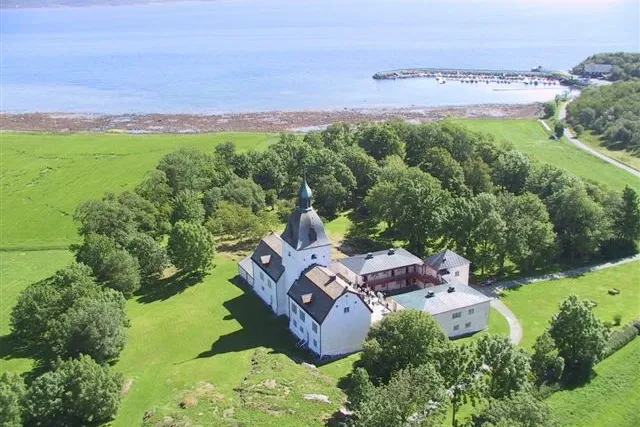
Austrått Manor
AustråttAustråttborgen, also known as Austrått, is a renowned manor house from the Middle Ages, situated in the municipality of Ørland at the mouth of the Trondheim fjord. This historic site was the seat of powerful chieftain families during the medieval period, making it a significant landmark in Trøndelag.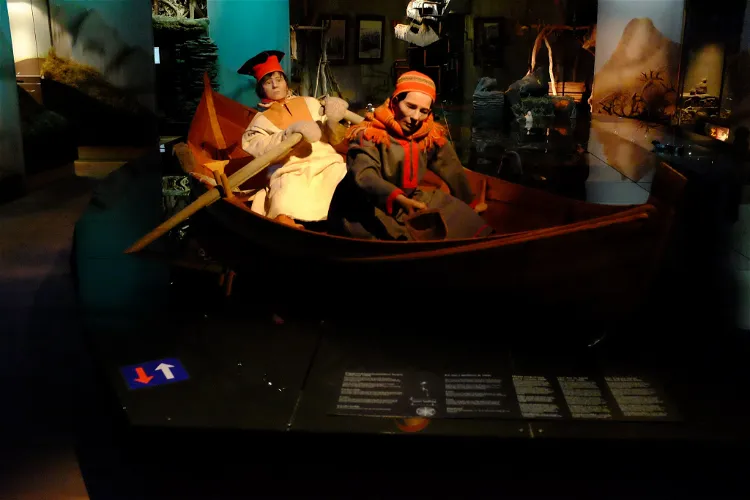
Varanger samiske museum
VarangerbotnThe Varanger Samiske Museum, also known as Várjjat Sámi Musea or VSM, is a Sami museum situated in the town of Varangerbotn, within the Nesseby municipality in East Finnmark. This museum is dedicated to the preservation and dissemination of the Sea Sami cultural history in Varanger, Sami prehistory, and contemporary Sami culture.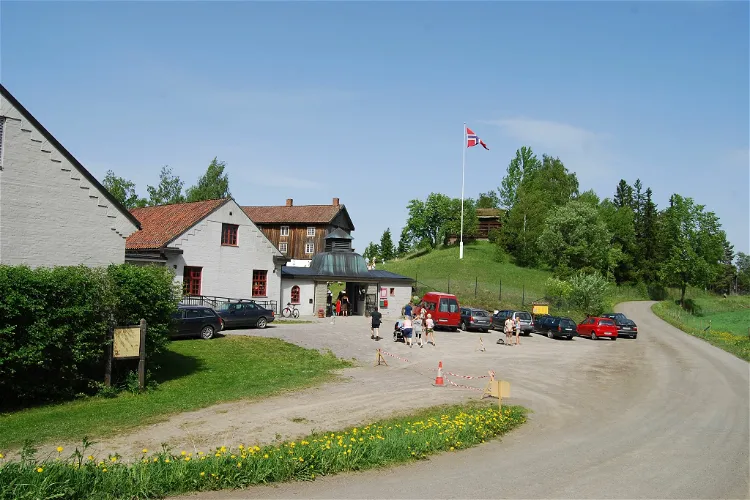
Hadeland Folkemuseum
GranHadeland Folkemuseum, founded in 1913, serves as a regional museum for Hadeland, an area that includes Gran, Lunner, and Jevnaker. The museum is located in the town of Tingelstad in Gran, making it easily accessible for visitors.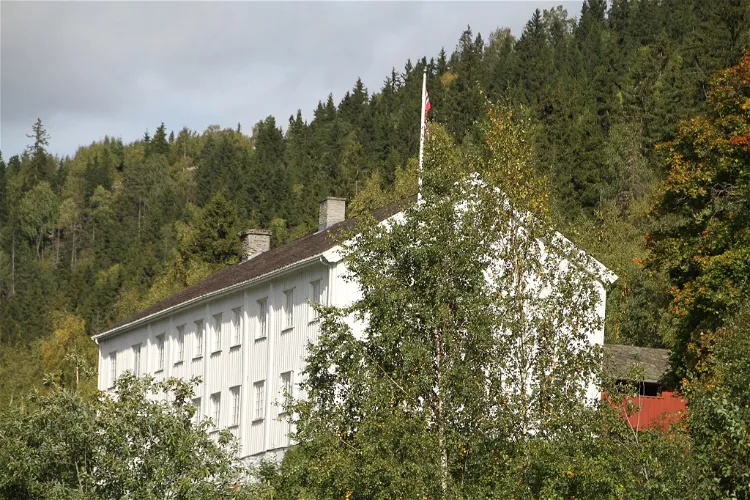
Ringebu prestegard
RingebuRingebu prestegård is situated just north of the Ringebu stavkirke in the municipality of Ringebu, in the region of Innlandet. This location is easily accessible and offers a unique opportunity to explore the rich history and culture of the region.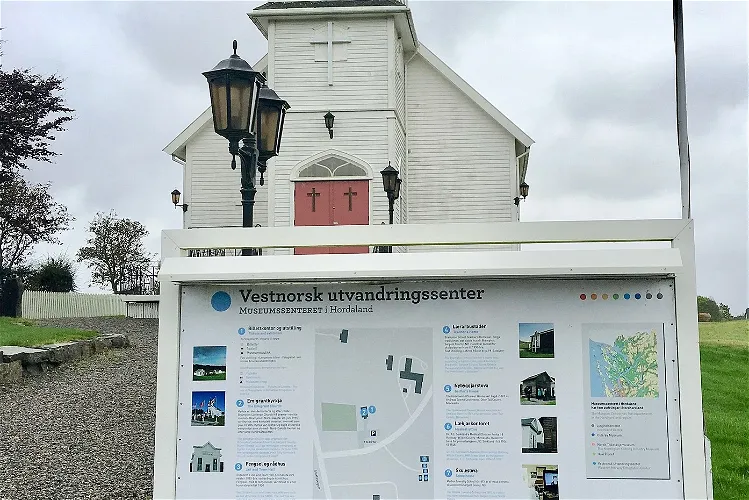
Western Norway Emigration Center
SlettaThe Western Norway Emigration Center is an open-air museum situated in the village of Sletta on the island of Radøy in Vestland county, Norway. This location offers a unique opportunity to explore the history of Norwegian emigration in a rural setting, surrounded by the natural beauty of the island.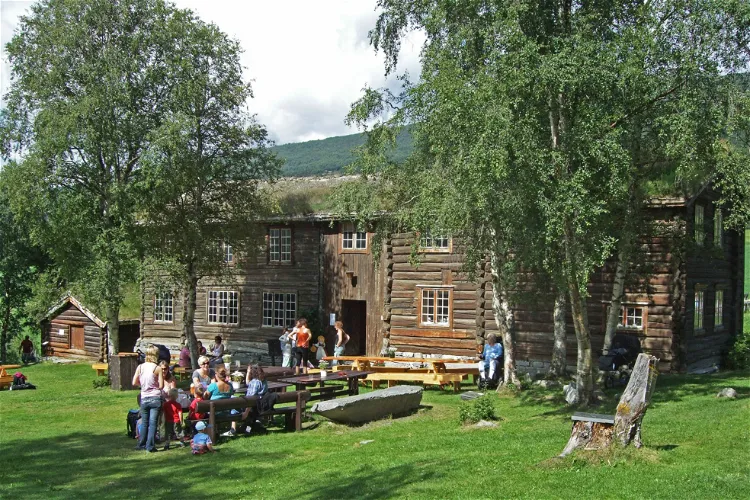
Lesja bygdemuseum
LesjaLesja bygdemuseum, a local rural museum, is conveniently located near the Lesja Church. This proximity allows visitors to easily combine a visit to both the museum and the church, offering a comprehensive cultural experience.- 42
The Contemporary Museum for Northern Peoples
FossenThe Contemporary Museum for Northern Peoples, located in Gáivuotna/Kåfjord, was officially inaugurated on July 21, 2011 by Culture Minister Anniken Huitfeldt. This museum is a significant cultural institution that documents and communicates the cultural expressions and regional Sami culture and history of the northern peoples. - 43
Kokelv sjøsamiske museum
KokelvThe Kokelv sjøsamiske museum is a Sami museum situated in the village of Kokelv, within the Hammerfest municipality in Troms and Finnmark. This location offers visitors a unique opportunity to immerse themselves in the rich history and culture of the Sami people.